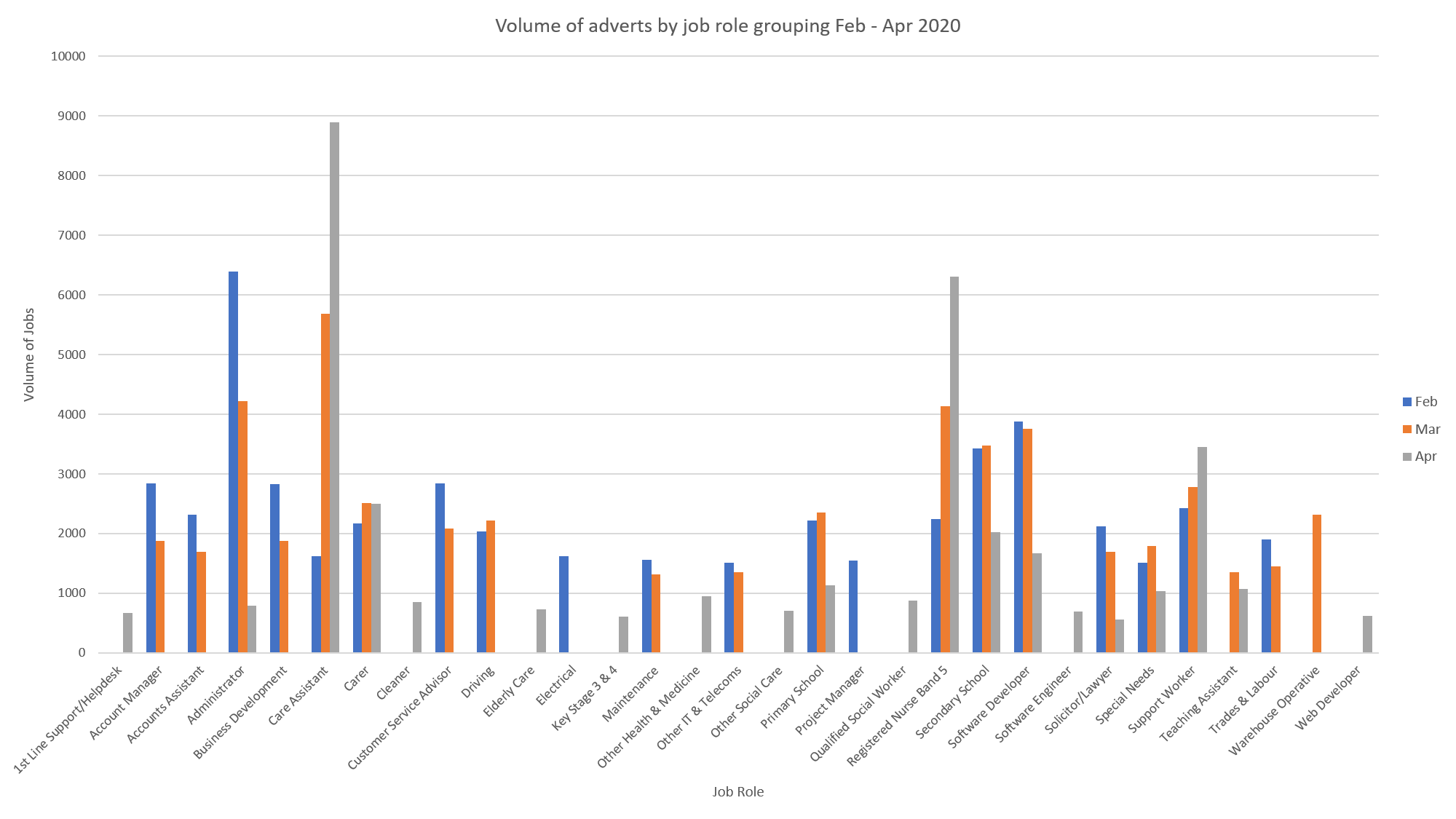Everything You Need To Know About Recruitment

Welcome to Hiring People. Here you can find a wealth of information about recruitment, employment, and job descriptions.
Allow us to introduce ourselves… We are recruitment and employment specialists, and we have been doing this for eight years, so we know what we’re talking about.
What Is Recruitment?
Recruitment is the process of hiring people to do a job for a specific company. This entails everything from writing job descriptions & advertising to interviewing, negotiation & acceptance.
Recruitment For Employees
Hiring people provides services to businesses to help with recruitment; however, our sister company Check-a-Salary can help you with everything you need, from information about roles, creating a CV, cover letter writing to interview prep, follow up, and aptitude testing. They can even help unqualified people learn how to become what they want to be.
Recruitment For Employers
What We Do
We help companies with recruitment by providing job description templates (with tips on how to make job descriptions engaging) and job posting/advertising services to help them gain maximum exposure and receive only the best candidates.
We operate on a flat fee recruitment / fixed cost recruitment cost business model, which allows companies to manage recruitment directly for a substantially lower cost than seeking the assistance of an employment agency. This also means that smaller companies can compete with larger organisations.
Recruitment Questions
Here we will be providing you with answers to your most frequently asked questions about recruitment. We will be updating this page regularly so keep an eye on this space!
What Are The Stages Of Recruitment?
There are typically 7 steps to the recruitment process:
- Writing the job description
- Job posting & advertising
- Candidate Review
- Interview
- Trial
- Referencing
- Job offer & onboarding
Please note that candidates applying for jobs can negotiate certain aspects of the role such as wage, working hours and placements etc. These issues are usually addressed around the interview and trial stages before an offer has been made.
What Are The Different Types Of Recruitment
There are a number of ways to fill a role or vacancy within a company, these fall into 2 main categories:
- Internal – Finding candidates from within your own company
- Promotions
- Transfers
- Former employees
- Internal Advertisements
- Employee Referrals
- Previous Applicants
- External – Finding new candidates outside of the company
Recruitment Agency Terms
Contingency Recruitment: Contingency Recruitment is by far the most common service provided by Recruitment Agencies. In simple terms, the recruitment fee is based on a “no win, no fee” basis. This means that a recruitment agency will work a given requirement without any charge up until the point that the candidate they have represented is offered, accepts and starts with the company.
Executive Search: Executive Search is the ‘pièce de résistance’ service offered by Recruitment Agencies and most of these Agencies would categorise themselves as “Head-hunters” or “Search Firms”. Executive Search normally commands a much higher fee than Contingency Recruitment and payment is required in 3 stages including an upfront payment before the assignments begins.
How Recruitment Agencies Make Money? / When Do They Get Paid?
Recruitment agencies make money differently, depending on whether the staff is permanent or temporary.
When a recruitment agency sources candidates for permanent recruitment, fees are charged in one of three ways:
- Fixed cost recruitment – The fee is calculated upfront depending on conditions such as the scope of advertisements and supporting services.
- Commission – The agent charges a commission, typically between 15-20% of the candidate’s year-one annual salary.
- Retainer – Recruitment fees are collected in staggered stages, usually consisting of an upfront fee, a shortlist fee, and a final successful hire fee.
Recruitment fees are typically structured around the actions and level of involvement of the agency. They may be structured purely to cover advertising costs on job boards or include CV targeting and filtering, telephone screening, and interview setting.
When recruitment agencies provide temporary workers, the candidate might be paid by the agency. The agency charges you a basic hourly or daily rate for the employee, including holiday pay, sick pay, and National Insurance, along with a margin of profit.
The margin of profit varies by business sector and location. If the employee moves from temporary to permanent, then a transfer fee may be charged, essentially covering the agency’s lost value of the worker.
Is Recruitment A Good Career?
If you are considering recruitment as a career, you should be aware of the good points and downsides of being a recruiter. Ultimately, a positive or negative experience comes from the company you work for.
To find success and a recruitment career rewarding, you will need to be suited to the role.
Contact us to learn more about how we can help you with recruitment.
Next, read A Guide On How To Hire Employees and our Flat fee Online Job Advertising Recruitment Agencies Review.



